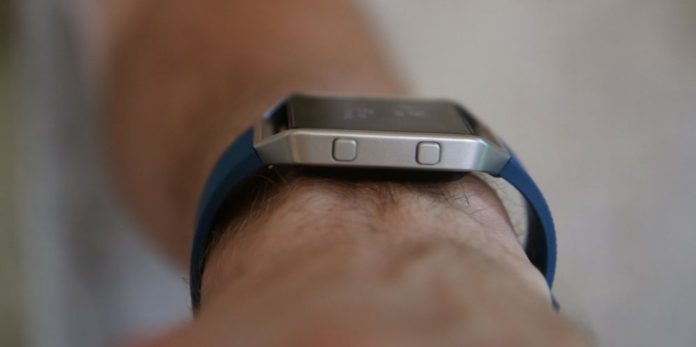Technion Scientist Invents New Wearable Health System For Detecting Disease
Wearable health monitoring devices are among the most exciting scientific developments. Technology capable of tracking vital signs, activity, fitness, and sleep quality such as in the Apple Watch and Fitbit already have the potential to encourage healthier lifestyles and even save lives. Over the past several years, these devices have been instrumental in alerting a number of users of abnormal heart rates, driving them to seek immediate medical attention, and ultimately saving them from life-threatening conditions. In at least one case, unusual Fitbit data eventually led to the discovery of an early pregnancy.
Pushing the boundary in this field are recent Israeli developments in self-charging, self-repairing disease detectors incorporated into everyday clothing.
Spearheaded by Professor Hossam Haick of the Wolfson Faculty of Chemical Engineering at the Technion – Israel Institute of Technology and postdoctoral researcher Weiwei Wu, these devices include electrodes and sensors applied onto wearable nylon textiles and permeable skin-mimicking bandages that constantly monitor breath rate, skin odor and chemical biomarkers (saliva, sweat). Specific irregularities in these parameters will indicate the presence of a disease, according to the research results published in Advanced Materials earlier this year.
Though certain technologies already possess these capabilities, Haick’s devices set themselves apart through self-sustainability. In particular, the gadget hopes to use cutting-edge materials that heal themselves and take advantage of the body’s wasted energy. Its components harvest the energy of body heat and movement, and they use synthetics that regenerate its properties upon damage. These advances alleviate risks such as leaving a device uncharged, torn or scratched. This technology will increasingly improve the quality of life through becoming a remote nurse that constantly accompanies an individual, according to the researchers.
To continue reading this article on NoCamels.com, click here.”






